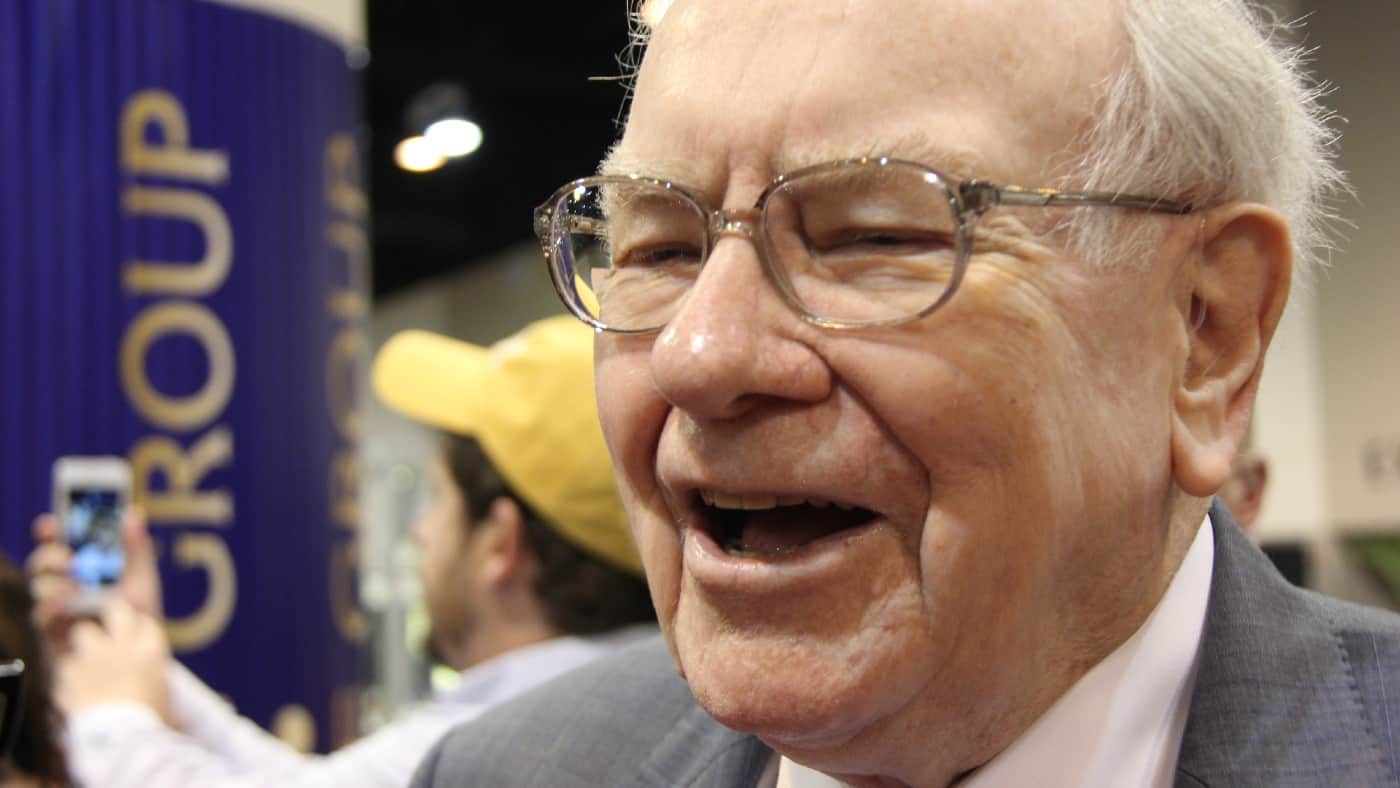The billionaire investor Warren Buffett has developed a strong set of investing principles over the course of his long career. Even investing just a modest amount compared to Buffett’s grand scale of operations, I think I can learn from his expertise.
If I wanted to invest £1,000 today using elements of this approach, here is how I could go about it.
Stick to what I know
Buffett is adamant about the importance of sticking to industries he understands when he invests. He refers to this concept as “staying inside his circle of competence”.
That is important because it can be difficult to judge the value of a company even when one understands its business model. Without even that basic knowledge, valuation becomes more difficult still. To make money buying shares, I try to buy them for less than I think their future value will be. So sticking to what I understand is important in helping me know what I am buying.
Buy shares in big companies
Buffett’s company Berkshire Hathaway publishes its list of holdings regularly. One thing that strikes me about it is that the companies always tend to be well-known, large enterprises such as Apple and Citigroup.
His portfolio is not made up of penny stocks, the sort of companies or investments almost nobody has heard of. He does own a few companies that are not well-known by many western investors, but that is because they are Japanese. They are large, established enterprises in their home market.
Like Buffett, I would reduce my risk by diversifying across different shares. But with just £1,000 to invest, I could probably only own a handful of companies at most. So I would like to invest in companies that I expect to survive for a long time and hopefully do well.
Focussing on large companies with proven business models is not a guarantee of their future success. Past performance is not a promise of what will happen in future. But, in general, I think large companies with a strong track record are less risky for an investor than new companies with an unproven business model and small or no revenues. That is why, like the ‘Oracle of Omaha’, I would invest my £1,000 in bigger firms.
Buffett on competitive advantage
When looking for shares to buy, Buffett focusses on whether a company has a sustainable competitive advantage in its marketplace it could use to make money. For example, Coca-Cola has a unique formula and American Express has a large installed user base of customers and merchants.
I think this is a helpful way of approaching the question of what shares I would buy with £1,000. Some may seem like they are trading at a low price or have a very high dividend yield. But that does not mean that they offer me what I see as good value.
Instead, I would focus on what competitive advantage firms have, just like Buffett does. Once I found companies I liked, I would consider whether their current share price seems like good value to me.








